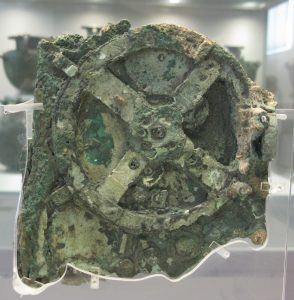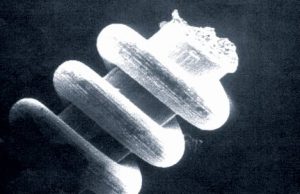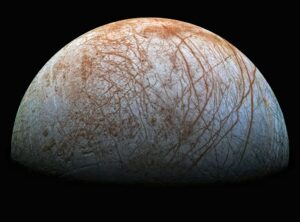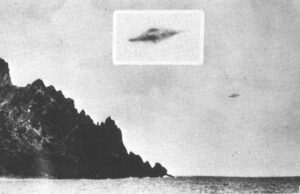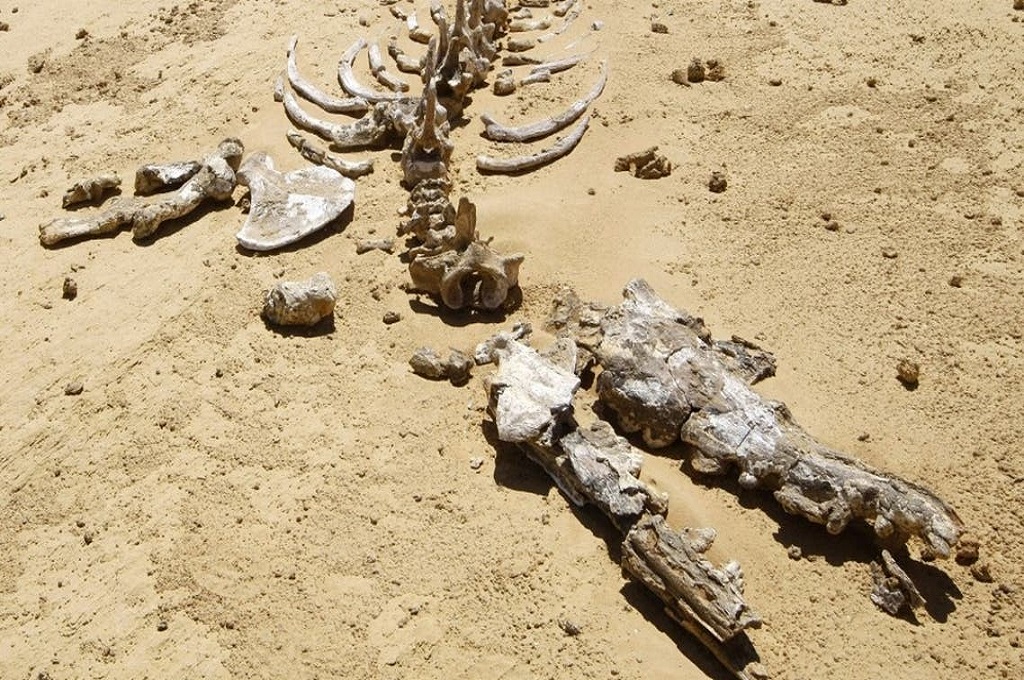
Egypt – A research team unearthed a fossil from a new prehistoric species of whale that lived about 43 million years ago. It is called Phiomicetus anubis, named after the Egyptian goddess Anubis with the jackal’s head. The associated study was published in the established biological journal “Proceedings of the Royal Society B” and describes the partially preserved skeleton that was found in the Faiyum Basin in Egypt.
The predator was about ten feet long. A good part of this was due to strong, sharp-toothed jaws. The species was apparently able to move on land and in the sea. If the reconstruction with the help of the incomplete skeleton is correct, it still had legs that looked almost like a land animal. The remains were found near El Amaim, a place in a part of the Fayoum Basin in the north of the country, also known as the “Valley of the Whales”. The area is known for numerous fossil finds, including prehistoric marine mammals.
The team led by Abdullah Gohar from Mansoura University named the find Phiomicetus anubis. The first part stands for the origin from Fayoum, the second reminds of the Egyptian god Anpu, who is better known by his Greek name Anubis, who accompanied the pharaohs into the realm of the dead. “We discovered how wild and deadly its mighty jaws were and how they could tear apart a wide range of prey,” says first author Gohar vividly. “This whale was a god of death to most of the animals that lived in its area.” This would also explain what inspired the research team to name it.
In addition, Phiomicetus anubis is generally “an important new whale species and a decisive discovery for Egyptian and African paleontology,” says Gohar. For example, the team was able to find the first evidence that the Protocetidae also occurred on the African continent together with the whale family of the Remingtonocetidae, which were found on the Indian-Pakistani border and were described by their appearance as “crocodile mammals”.
Despite the recent fossil record, the overall picture of early whale development in Africa has remained largely a mystery, the researchers said. Work in the region had the potential to reveal new details about the evolutionary transition from amphibious to fully aquatic whales.
With rocks around 12 million years old, the discoveries in the Faiyum Basin range “from semi-aquatic crocodile-like whales to giant whales that live entirely in the water,” said Mohamed Sameh of the Egyptian Environmental Protection Agency. The new whale has raised questions about ancient ecosystems and focused research on issues such as the origins and coexistence of ancient whales in Egypt.

